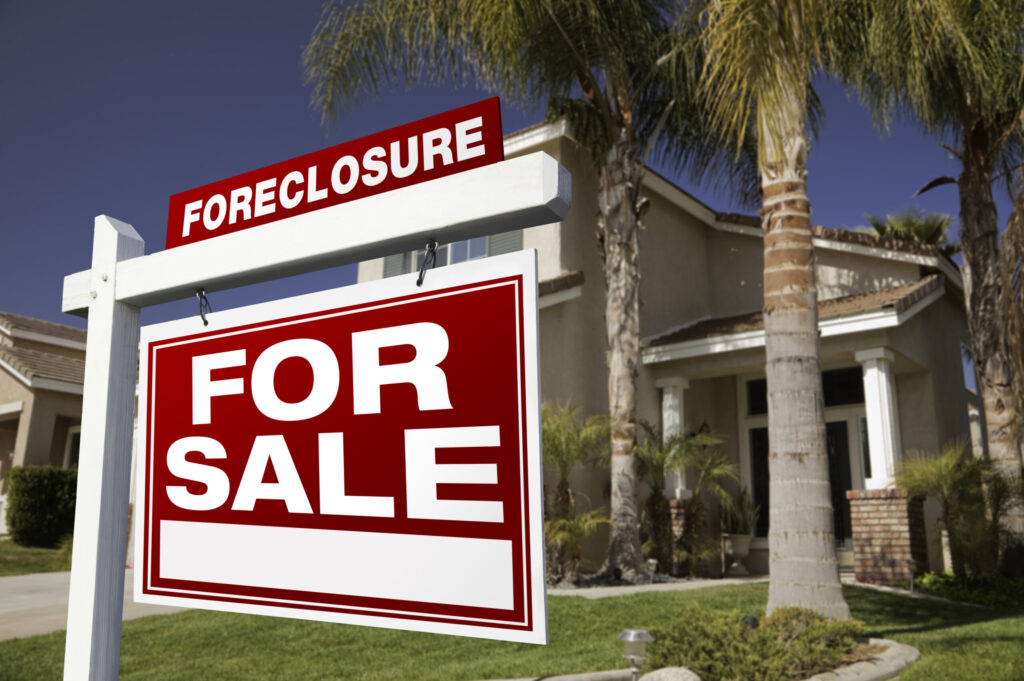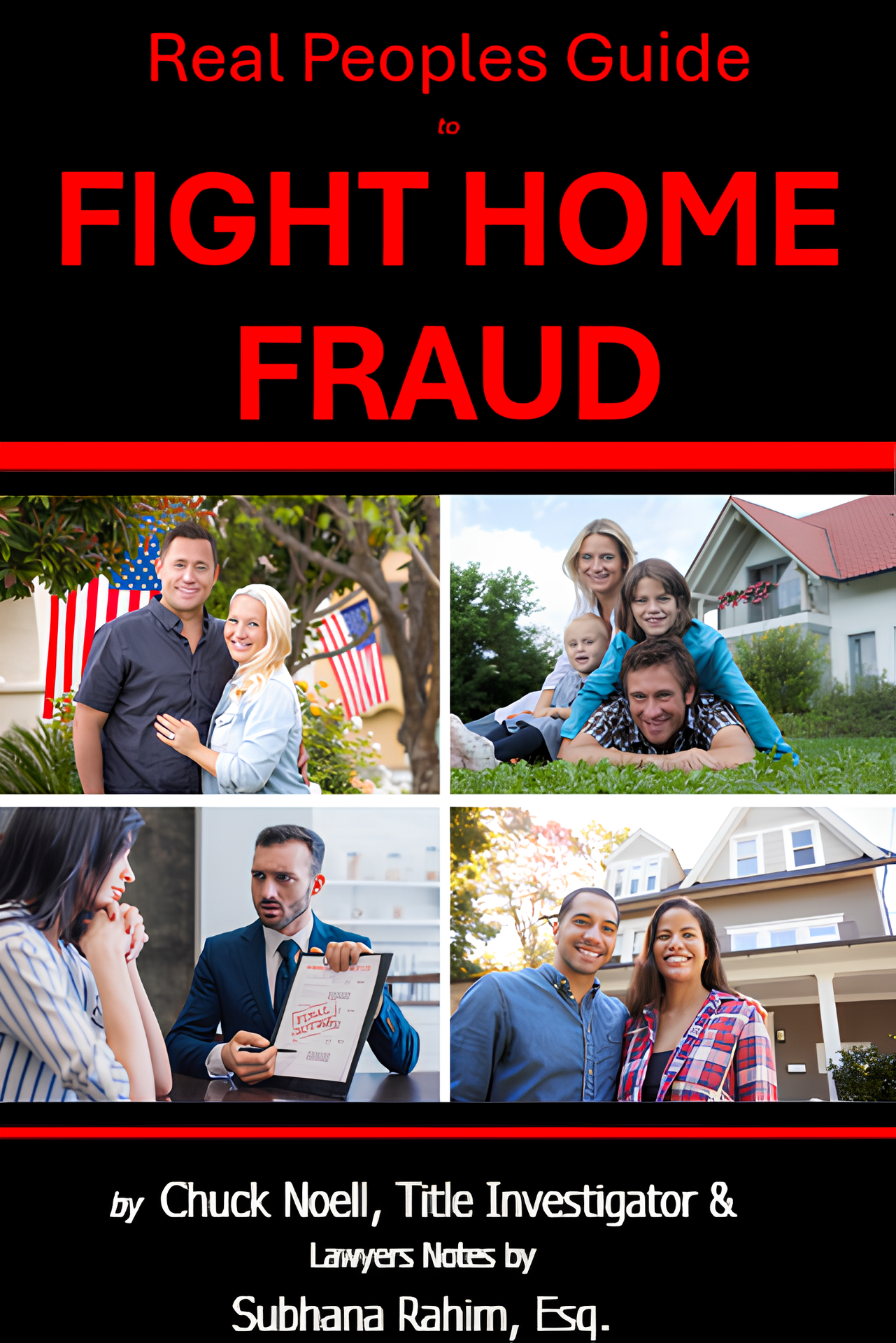
Protecting Yourself from Fraud as a Homeowner
Owning a home is a significant achievement, representing stability, investment, and a sense of security. However, homeownership also comes with risks, particularly the threat of fraud. Fraudulent schemes can target homeowners in various ways, leading to financial loss and legal complications. Here are some essential strategies to protect yourself from fraud and safeguard your most valuable asset.

Understanding Common Types of Fraud
Title Fraud
Title fraud occurs when someone fraudulently changes the ownership of your property, often using stolen personal information. The fraudster might then take out a mortgage or sell your home without your knowledge, leaving you with the debt or the loss of your property.
Mortgage Fraud
Mortgage fraud involves falsifying information on a mortgage application or documents. This could be done by someone attempting to get a loan in your name or by a homeowner misrepresenting their financial situation to obtain a better mortgage rate or larger loan.
Preventative Measures
- Invest in Title Insurance:
Title insurance protects you from financial loss related to defects in the title of your property, including fraud. It’s a one-time purchase that can save you from significant trouble down the line.
Benefit: Ensures your ownership is secure and provides legal defense if your title is challenged.
- Monitor Your Title Regularly
Regularly check the status of your property title through your local land registry office. Some areas offer online access, making it easier to monitor any changes.
Benefit: Early detection of unauthorized changes can prevent larger issues from developing.
- Safeguard Personal Information
Be cautious with your personal information. Avoid sharing sensitive details over unsecured networks or with unverified entities. Use strong, unique passwords for online accounts related to your finances and property.
Benefit: Reduces the risk of identity theft, which is often the first step in committing fraud.
- Beware of Phishing Scams
Phishing scams are attempts to acquire your personal information by pretending to be a legitimate entity. Be skeptical of unsolicited emails or calls asking for personal or financial information.
Benefit: Prevents fraudsters from gaining access to your personal data through deceptive means.
- Secure Your Physical Documents
Keep important documents, such as your property deed and mortgage papers, in a safe place. Consider using a fireproof safe or a secure deposit box at your bank.
Benefit: Protects critical documents from theft, loss, or damage.

Steps to Take if You Suspect Fraud
If you suspect you’re a victim of title or mortgage fraud, it’s crucial to act quickly. Here’s what you should do:
- Contact Authorities
Report the fraud to your local law enforcement and your land registry office. Provide them with all relevant details and documentation.
Benefit: Initiates an official investigation and helps prevent further fraudulent actions.
- Notify Your Lender
Inform your mortgage lender if you suspect mortgage fraud. They can help you understand your options and may have fraud prevention measures in place.
Benefit: Ensures your lender is aware of the situation and can take steps to protect your loan.
- Seek Legal Advice
Consult with a real estate attorney who specializes in fraud cases. They can guide you through the legal process and help protect your rights.
Benefit: Provides professional legal support to navigate complex fraud issues.
- Alert Credit Bureaus
Contact credit bureaus to place a fraud alert on your credit report. This can prevent further fraudulent activity and protect your credit score.
Benefit: Alerts potential creditors to verify your identity before granting new credit.
Fraud can have devastating effects on homeowners, but by taking proactive steps, you can significantly reduce your risk. Regularly monitor your property title, safeguard your personal information, and stay vigilant against phishing scams. Investing in title insurance and keeping your documents secure are also essential practices. Should you suspect fraud, act swiftly by contacting authorities, your lender, and seeking legal advice. By staying informed and cautious, you can protect your home and financial well-being from fraudulent threats.
Remember, a little vigilance can go a long way in ensuring the security of your homeownership.

Best Practices for Protecting Yourself from Fraud as a Homeowner
- Invest in Title Insurance: Provides financial protection and legal defense against title defects and fraud.
- Monitor Your Title Regularly: Helps detect unauthorized changes early by checking the status of your property title frequently.
- Safeguard Personal Information: Reduces the risk of identity theft by being cautious with sharing sensitive details and using strong passwords.
- Beware of Phishing Scams: Prevents fraudsters from gaining access to your information by being skeptical of unsolicited requests for personal data.
- Secure Your Physical Documents: Protects important property and financial documents from theft, loss, or damage by keeping them in a secure location.
- Contact Authorities Immediately if Fraud is Suspected: Initiates an official investigation to address and prevent further fraudulent actions.
- Notify Your Lender if You Suspect Mortgage Fraud: Ensures your lender can take necessary steps to protect your loan and provide guidance.
- Seek Legal Advice: Provides professional legal support to navigate and resolve fraud-related issues effectively.
- Alert Credit Bureaus to Potential Fraud: Protects your credit score by placing a fraud alert on your credit report, which warns creditors to verify your identity.
- Stay Informed and Vigilant: Keeps you aware of potential threats and best practices, reducing your risk of becoming a fraud victim.
Ways to Estimate Your Home's Market Value
- Hire a Professional Appraiser: Provides an accurate, unbiased assessment of your home’s value based on a comprehensive evaluation.
- Use Online Valuation Tools: Offers a quick estimate by analyzing recent sales data and market trends specific to your area.
- Review Recent Comparable Sales (Comps): Compares your home to similar properties that have recently sold in your neighborhood for a market-based valuation.
- Consult a Real Estate Agent: Leverages their market expertise and knowledge of local conditions to provide a detailed price estimate.
- Analyze Public Records: Reviews property tax assessments and records to understand your home’s historical valuation.
- Evaluate Current Market Conditions: Considers factors such as local supply and demand, economic conditions, and seasonal trends to gauge your home’s value.
- Look at Price per Square Foot: Calculates an estimate by comparing the average price per square foot of similar homes in your area.
- Consider Home Improvements and Renovations: Takes into account any upgrades or renovations you’ve made that can increase your home’s market value.
- Check Neighborhood Trends: Analyzes how property values in your neighborhood have been trending over time for a broader market perspective.
- Attend Open Houses and Local Listings: Gains insights by observing prices of comparable homes currently on the market in your area.

